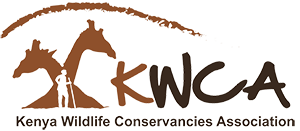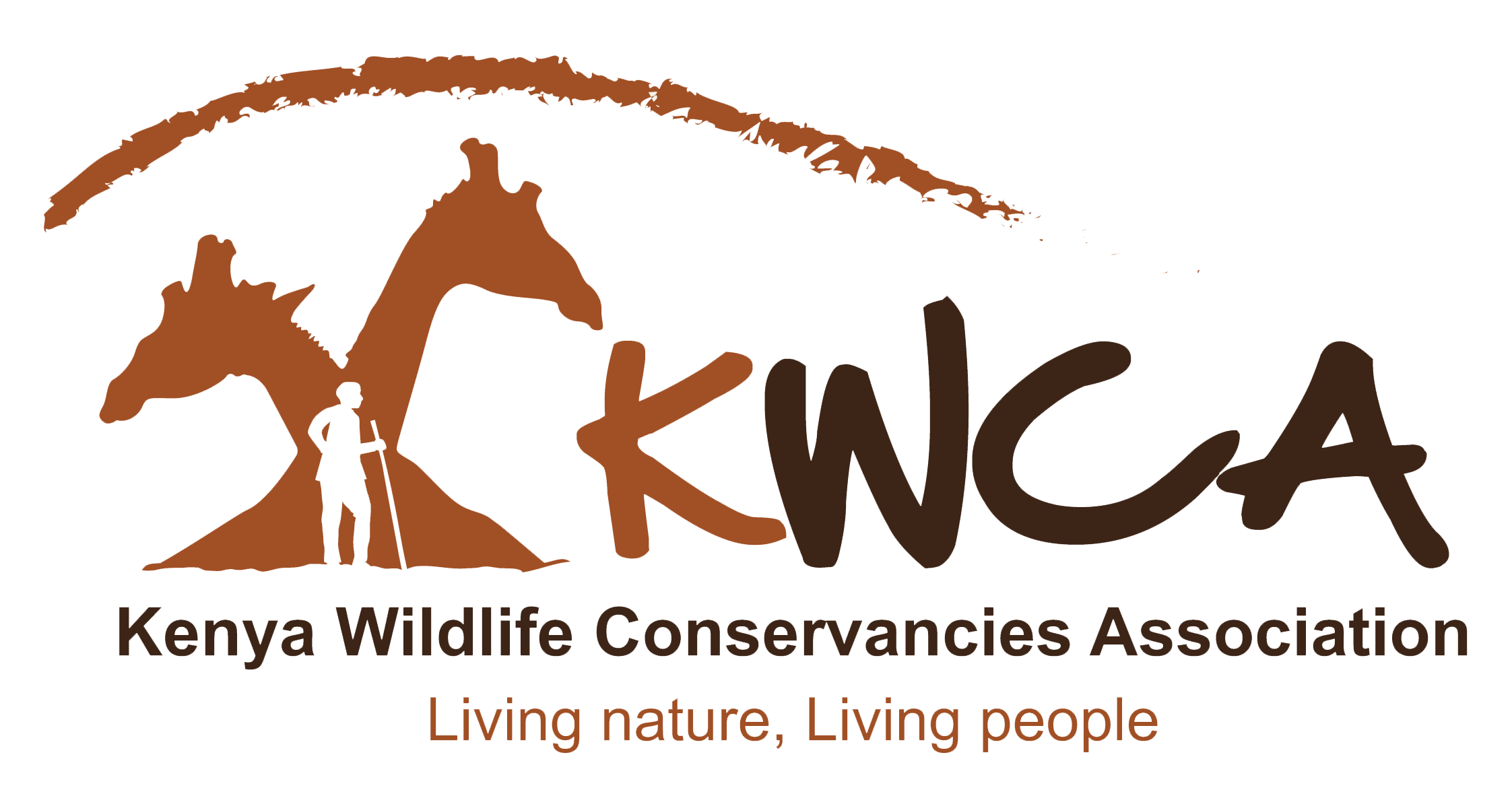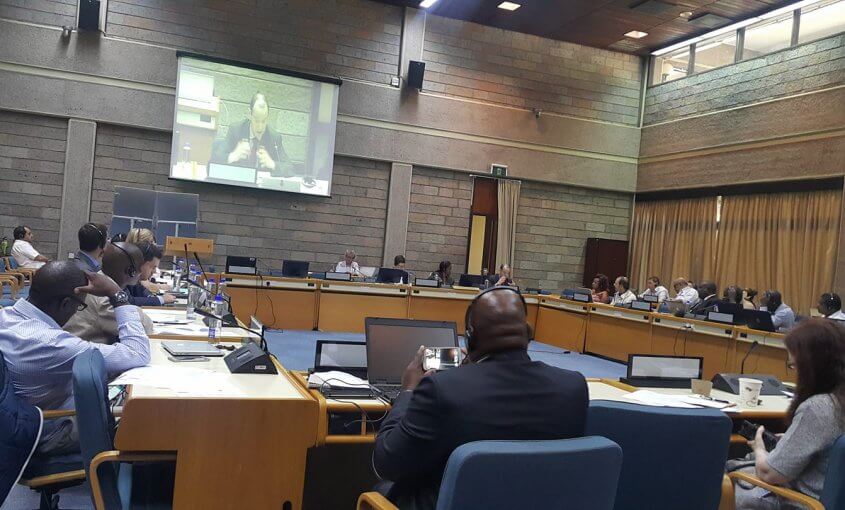KWCA Represents Communities at the CITES Rural Communities Working Group
On 26th February, parties, rural communities and conservation organizations drawn from 21 countries met at the UN Complex Nairobi to deliberate on a set of options to increase participation of rural communities in CITES decision making. The CITES rural communities working group was set up during the Conference of Parties (CoP)17 held in South Africa in December 2016.
The partnership between communities and the government in conserving wildlife was demonstrated during that process where Kenya was ably represented by government delegates, representatives from KWCA and Conservation Alliance of Kenya who were part of Kenya’s successful petition for listing of endangered species.
During the meetings of the COP 17, CITES and rural communities working group was established to inform CITES on how its decisions affect the rural communities particularly those that live alongside endangered species regulated under the CITES process.
In his opening remarks, the CITES Secretary General Mr. John E. Scanlon outlined CITES commitment in ensuring better livelihoods and engagement of rural communities in tackling Illegal Wildlife Trafficking (IWT) as had been recommended by the UN General Assembly 2015 and in line with Sustainable Development Goals 15 on increasing local communities capacity to pursue sustainable livelihood opportunities.
“CITES is a wonderful and unique tool for engaging with and empowering rural communities in wildlife conservation and sustainable use. Enhancing the livelihoods and engagement of rural communities through conservation now forms an essential part of CITES three pronged approach to tackling IWT.”
KWS, the CITES country representative nominated KWCA to lead in the representation and participation of the working group on rural communities. KWCA’s nomination provides an opportunity to upscale conservancies advocacy at the global level and coordination of communities and conservancies interest at the global level. The rural communities working group is expected to offer guidance to the parties in making changes to specific resolutions on how to engage rural communities
Learn more about the woking group here



Leave a Reply
You must be logged in to post a comment.